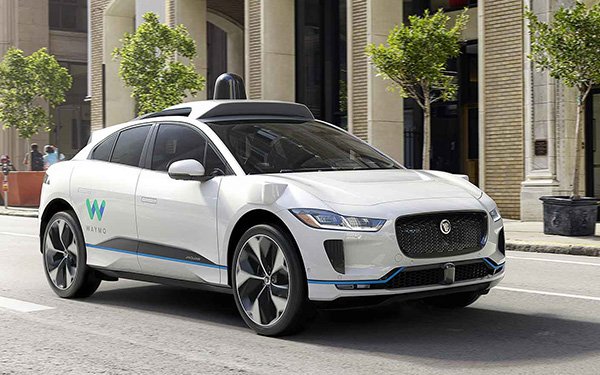52% In U.S. Positive On Self-Driving Cars, 24% Would Never Use One
- by Chuck Martin , March 28, 2018

The technology for driverless vehicle may be moving along but that motion may be somewhat ahead of consumer acceptance.
Many U. S. drivers have no intention of giving up their car ownership patterns and would never use an autonomous vehicle.
These are among the findings of a study on autonomous vehicles, comprising a survey of 21,000 adults in 28 countries conducted by Ipsos Global.
Nearly one in four (24%) U.S. consumers would never use an autonomous vehicle, a higher level than globally (13%), with those in China twice as likely to say they ‘can’t wait’ to use autonomous vehicles than Americans. In the U.S., 22% are in favor of self-driving cars and can’t wait to use them while the majority (54%) are unsure but find the idea interesting.
The overall view of self-driving cars in the U.S. is positive for 52% of consumers, with 48% negative. For millennials, a positive view is even higher (64%).
“The recent Uber incident notwithstanding, we were surprised at how open and favorable consumers were to the idea of autonomous vehicles,” Oscar Yuan, president Ipsos Strategy3, told the AI & IoT Daily. “There seems to be a wholesale acceptance, even embracing of technology, perhaps driven by all the devices in our lives.”
Those most in favor of self-driving cars by region are in India, Malaysia, China and South Korea. The highest skepticism is in Australia, Spain, Japan, France and the United States.
For regulating self-driving cars, consumers globally trust the companies that design and make the cars (43%), the government (28%), insurance companies (16%) and automobile clubs (15%).
In 10 years, if all vehicles had self-driving capabilities, 50% of U.S. consumers would use the feature for self-parking and 39% would not use it, according to the study.
Advertising in self-driving cars may also have a place. Here are the ad features U.S. consumers would want in cars in the future, according to the Ipsos study:
- 76% -- Letting you know you are nearing a gas or charging station if low on fuel
- 67% -- Reminders about appointments
- 49% -- Telling you about specials or sales at stores you have shopped at
- 42% -- Reminding you about services that you do on a regular basis
- 30% -- Asking in the morning if you would like to stop by a coffee shop
- 29% -- Pointing out stores you’ve shopped at
- 27% -- Notifications that you’re passing restaurants you’ve been to before
If they had regular access to a self-driving car rather than driving themselves, 38% of U.S. consumers say they would not take advantage of them.


